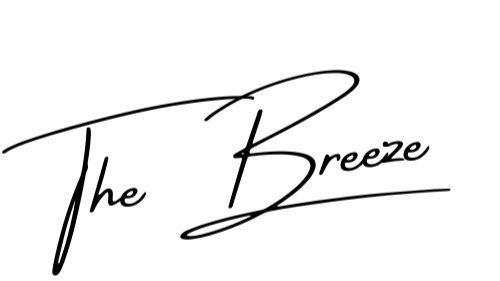The Future of Facebook
Facebook CEO Mark Zuckerberg, sat in front of the Senate Judiciary Committee on Tuesday April 10, 2018, to discuss the controversial question: Is it legal for Facebook to share user's data?
In early March, stories broke that Facebook was at the center of a scandal involving British political data firm Cambridge Analytica. It was discovered the firm collected data such as: likes, friends, and locations from Facebook users to create ads that would influence their behaviors.
Per the Facebook terms of agreement, it is not illegal for researchers to collect data from Facebook. However, it is illegal for user's information to be sold or given, “to any ad network, data broker or other advertising or monetization-related service.” Since the 2016 election, the social media platform was already under scrutiny for not being proactive on ridding the site of fake news and Russian propaganda.
During the testimony, 44 senators asked Zuckerberg a series of questions for over 4 hours. Throughout the hearing, the Facebook CEO reminded the committee that his social media platform was started in his college dorm room at Harvard and has since grown to over 2 billion users. Zuckerberg continued to mention that it's nearly impossible to start a company in your college dorm room and not run into mistakes, but he's dedicated to fighting against any further data breaches.
California Senator Diane Feinstein, opened the hearing by telling Zuckerberg the data breach has affected several areas of the government, including Special Counsel Robert Mueller's indictment against Russia. According to the Washington Post, Feinstein admitted the Senate learned, "the IRA ran a coordinated campaign through 470 Facebook accounts and pages." She continued, "The campaign included ads and false information to create discord and harm Secretary Clinton's campaign, and the content was seen by an estimated 157 million Americans."
With over 300 million people living in the U.S., the ads dispersed on Facebook were seen by almost half of America's population. Zuckerberg explained to the committee he learned of the Cambridge Analytica incident in 2015 and immediately demanded Facebook receive certification of the data retrieved to have been destroyed. Since this is not the first data breach to have happened in Facebook history, Zuckerberg vowed to make several changes to prevent future breaches.
Although the Facebook CEO answered hundreds of questions regarding the data breach, the Senate judiciary committee made it clear to Zuckerberg the future of Facebook needs a more accurate system to quickly catch harmful content. According to the Washington Post, Zuckerberg said that by the end of the year, Facebook will, “have more than 20,000 people working on security and content review, working across all these things. So, when content gets flagged to us, we have those people look at it. And, if it violates our policies, then we take it down."
Artificial Intelligence was at the forefront of Mark Zuckerberg's plan to protect users from anything harming the Facebook community, including but not limited to: Russian propaganda, hate speech, election interferences, fake news etc. Since they learned of the interference in the 2016 U.S election, the company has taken proactive steps to better their technology. Zuckerberg revealed Facebook has been more successful in protecting elections around the world against Russian propaganda since the 2016 U.S. elections and will continue to hire more people to prevent harmful content.
So, is the future of Facebook in good hands? The answer to that question is still unclear but as of now the company is doing everything in its power to quickly shut down anything harming the community.
